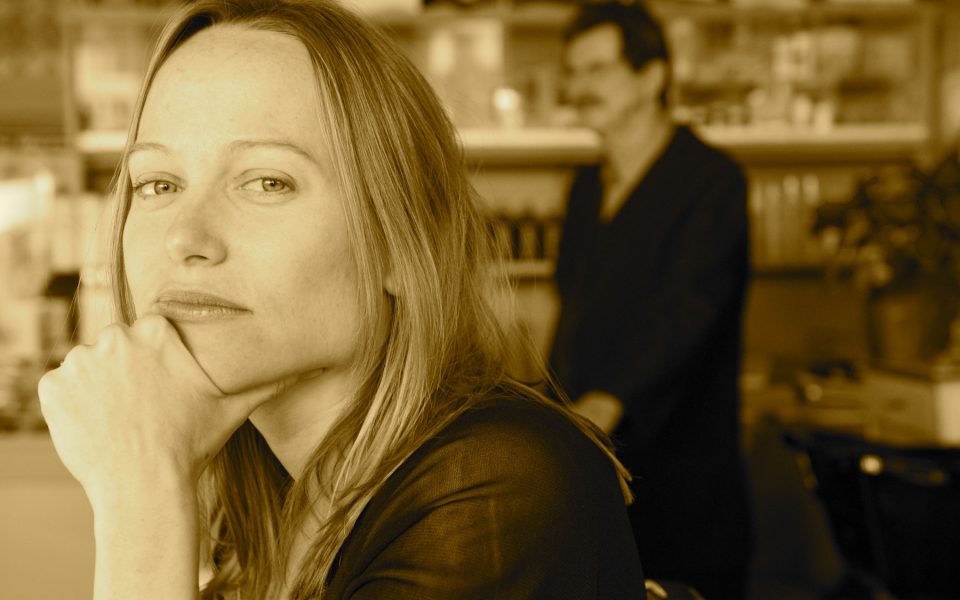The last time I spoke to Claire Holley it was 15 years ago; I was writing for a very small monthly magazine and, because I had no office, or even a reliable computer at the time, we met for the interview at the Greensboro Central Library.
She and her husband were thinking of leaving North Carolina at the time — they would eventually move to Los Angeles, where her career as a singer/songwriter veered from the path of Americana and traditional Southern music she had been playing since her childhood in Jackson, Miss.
“I get a little tired of all the billboards and the onslaught of advertising,” she says, “but I like that it’s a place where people collaborate. And there’s this wild-card aspect of living out here that you just don’t know what’s gonna come down the pipe on a given day.” [pullquote]Claire Holley plays Muddy Creek Café on Sunday at 2 p.m. with Martha Bassett in support.[/pullquote]
“I’ve gotten to write songs for small films,” she continues, “and when you have other people weighing in like a director or an editor, it kind of humbles you and you just learn to be a little more flexible.”
I first caught her onstage with Bruce Piephoff at the old Blind Tiger. On her return visit this week she’ll be at Muddy Creek Music Hall, leaning heavily on the tunes from Sanctuary, her 1999 debut for Yep Roc Records that established her place in the North Carolina canon.
Between this show and a stop in Cary, she hopes to gather her people in support of a re-release of Sanctuary, pegged for its 20th anniversary next year. There’s a Kickstarter and everything.
“My own writing style hasn’t changed much in the last 20 years,” she says. “I think I’m a little better at talking to the bad voices in my head that tell me: ‘This song is bad,’ or, ‘You’re not gonna finish this.’”
“I think that as you get older,” she continues, “you learn to talk back to those voices and just realize, You know what? I just have to write the next song and maybe it will be good and maybe it will be bad, but I just have to do it.”
Join the First Amendment Society, a membership that goes directly to funding TCB‘s newsroom.
We believe that reporting can save the world.
The TCB First Amendment Society recognizes the vital role of a free, unfettered press with a bundling of local experiences designed to build community, and unique engagements with our newsroom that will help you understand, and shape, local journalism’s critical role in uplifting the people in our cities.
All revenue goes directly into the newsroom as reporters’ salaries and freelance commissions.


Leave a Reply